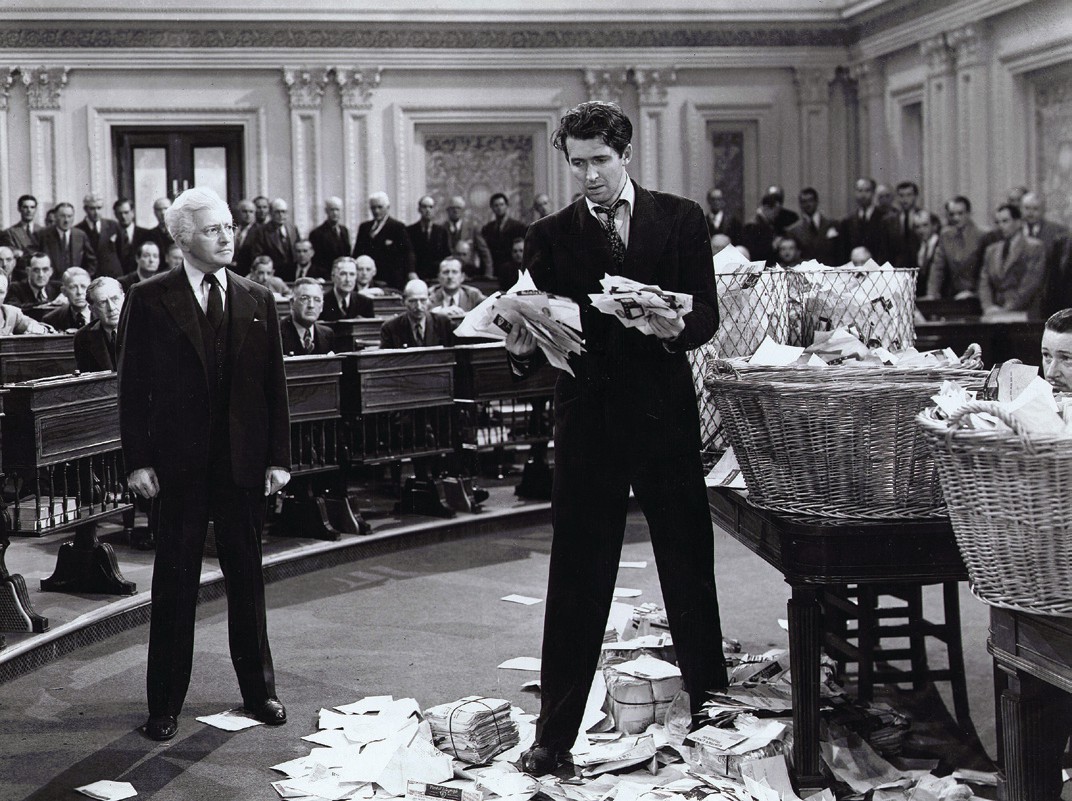
Following the 2008 congressional elections, the ‘magic number’ on everyone’s lips was ‘60’. This is because the Democrats initially fell short of the ‘magic 60’ Senators necessary to prevent a potentially billwrecking filibuster. Although the Democrats held a clear majority of seats in both the House of Representatives and in the Senate, this wasn’t necessarily enough to pass their legislative agenda, even where they had clear partisan support.
The term ‘filibuster’ comes, via French and Spanish, from a Dutch word meaning ‘pirate’ and relates to an attempt by a minority within a legislative chamber to ‘hijack’ a bill by talking it out of time and thus blocking a vote. In the early years of Congress, representatives as well as senators could filibuster, but as the House of Representatives grew in numbers revisions to House rules limited debate. However, in the smaller Senate unlimited debate continued on the grounds that any senator should have the right to speak as long as necessary on any issue.
Your organisation does not have access to this article.
Sign up today to give your students the edge they need to achieve their best grades with subject expertise
Subscribe




